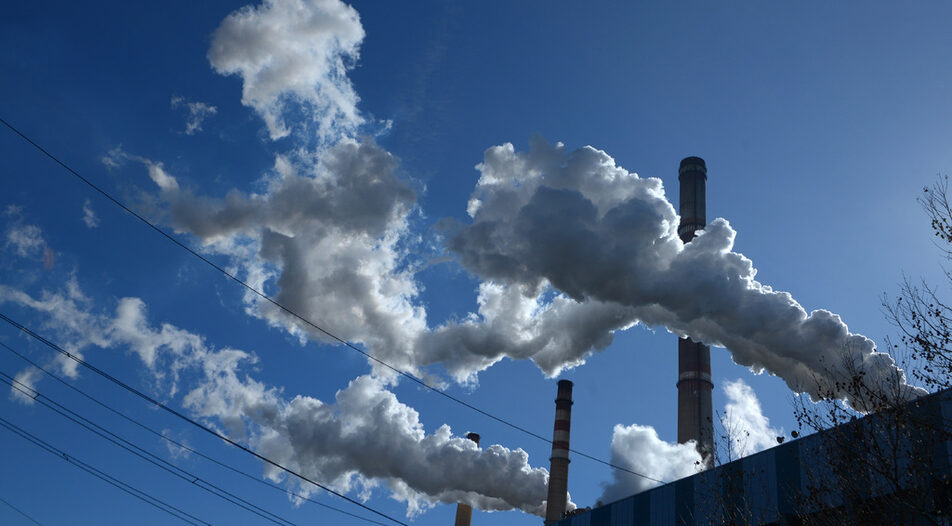Average daily temperatures of 26-28 degrees in July had a major impact on the country's entire electricity market. Extreme and prolonged heat on certain days increased the consumption, production and export of electricity. Here, Kapital examines the production and consumption data of the electricity market in Bulgaria and the region.
In July, Bulgaria generated 12% more electricity than in June and 35% more than in May which is not really that surprising; it is more common as demand increases during heat waves due to the need for cooling.
Compared to July 2022, however, the situation is radically different - there is a drop in production by more than 20%. This is because last year was quite unusual in terms of the energy crisis affecting the whole of Europe, and the Bulgarian energy sector, in particular the coal plants, were working at maximum capacity to meet the needs of the region.
In July of this year, the coal plants were used much less, but also a little more compared to the month before for an unexpected reason - balancing out the huge and increasing solar plants' production.
At the same time, solar power accounted for 13% of all electricity produced (total produced electricity increased) which underlines renewables' increasing influence and their increasingly important participation in the mix. In practice, solar installations have never produced more electricity in Bulgaria than this July. However, the record is likely to be surpassed in August due to the addition of new installations.
The market in July should also be viewed through the prism of electricity prices increasing for the first time since February - over 14% on a monthly basis, and returned to levels seen at the end of winter. The average value for the month is BGN 189/MWh.
Coal vs solar
Solar production growth on an annual basis was over 100% in July. The significant change comes from new installations and the increase in capacity of those already operational. Also, traditionally, July marks the highest solar production for obvious geographical reasons. The monthly growth is also significant - 17%, and that from June's production, which was a record until now.
In July, coal plants produced 25% of the electricity in the country, about 800 thousand mWh, out of a total of 3.2 million mWh produced. Interestingly, the growth compared is 60%. Since January, however, the decline in production has been 2.5 times on an annual basis, and it will be interesting to see what direction fossil production will take in the coming months with the onset of autumn and winter approaching.
The decline in hydropower plants is surprisingly significant with almost half the amount of electricity being produced. This is because, traditionally, the most fruitful months for hydro are May and June, while in the summer, when it is particularly dry, there are not enough water resources.
Import vs Export
Bulgaria was a net exporter of electricity in July, and the only country from which it imported more than it exported was Romania.
The export to Greece is impressive - 289 thousand mWh. Bulgaria hardly imported electricity from its southern Greek neighbor, which is not always the case in recent months. This is on account of the high tourist season in Greece and their increased demand that cannot be met only by local production. The usual large import from Romania is then transferred to the Greek network.
Bulgaria imported almost no quantities from Serbia either, while it exported almost 100 thousand MWh there.
Average daily temperatures of 26-28 degrees in July had a major impact on the country's entire electricity market. Extreme and prolonged heat on certain days increased the consumption, production and export of electricity. Here, Kapital examines the production and consumption data of the electricity market in Bulgaria and the region.
In July, Bulgaria generated 12% more electricity than in June and 35% more than in May which is not really that surprising; it is more common as demand increases during heat waves due to the need for cooling.












